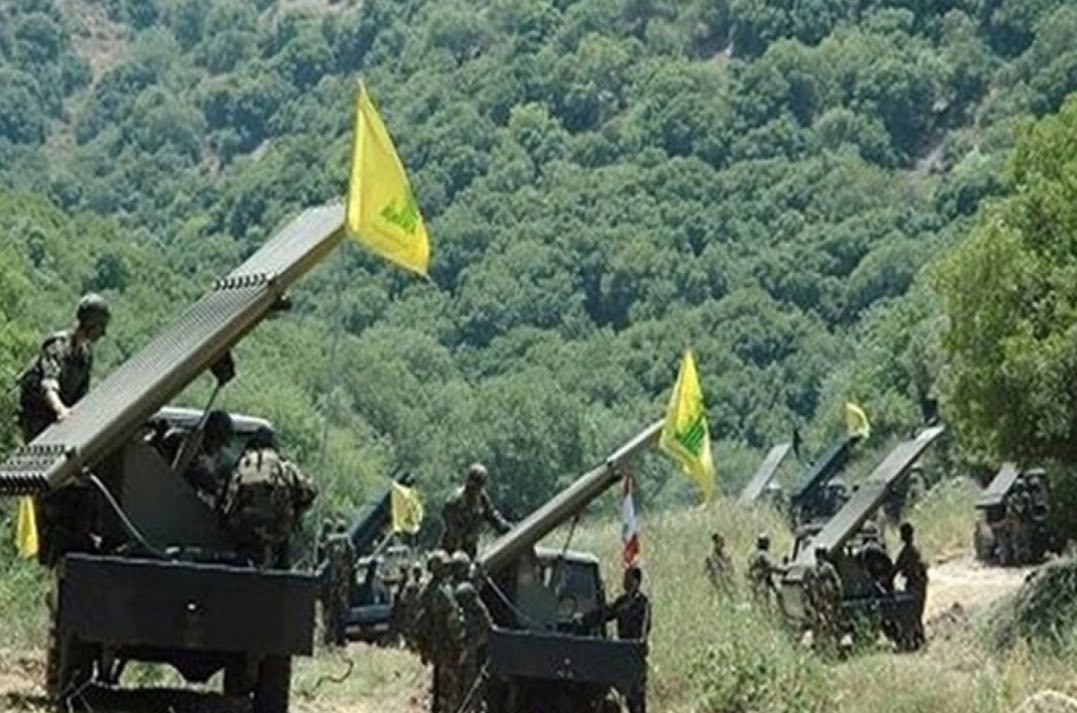Will the region become embroiled in a full-scale war?
Will the region become embroiled in a full-scale war? After the bloodiest day in Lebanon in nearly two decades, the big question now is whether this is the beginning of a much larger conflict. The central issue is Hezbollah’s arsenal, which is believed to have a stockpile of 150,000 missiles. Does this group have the capability and intention to use them? If the answer to both questions is yes, the region will face a devastating conflict that will shake the world and could plunge the Middle East into the inferno of war.
Western and Israeli intelligence agencies believe that this Shia group has hidden about this number of missiles in the hills of southern Lebanon.
It is estimated that among these missiles, there are about ten thousand precision-guided long-range missiles that could inflict serious damage across Israel. The question is whether Hezbollah will eventually unleash this massive arsenal.
So far, the group has only fired a limited number in almost daily exchanges with Israel at the northern border. Israel, after the killing of 558 people, including 50 children, in Lebanon on Monday, has vowed to escalate.
Is there now the capability to do this? Israel has significantly damaged Hezbollah’s capabilities over the past week, including eliminating key commanders and communication systems that the group used to coordinate such attacks.
Recent attacks have dramatically weakened Hezbollah’s wireless and manual communication systems.
But it’s not just about their technical capability. The serious deployment of these missiles requires permission from Iran. Hezbollah’s supporters in Tehran have funded and supplied much of the group’s aerial equipment.
Hezbollah relies on Iranian money and support to maintain its strength and power.
Observers have long assumed that Iran wants to keep these missiles for a rainy day, as insurance for when Israel attacks Iran’s nuclear facilities.
Is this changing with Israel’s unprecedented attacks? Clues can be found in the remarks of Iran’s new President, Masoud Pezeshkian, who is in New York for the UN General Assembly. He accused Israel of setting traps and desiring a broader war.
However, his tone was not aggressive. The implication of his remarks was that Iran would not fall into such traps, the most significant of which would probably be allowing Hezbollah to waste that missile arsenal in response to Israeli provocations.
Iran’s Supreme Leader clearly did not encourage Hezbollah to increase its attacks. Foreign powers will find this somewhat reassuring. However, war is not an exact science. Hezbollah is an organized entity but is now in turmoil.
The group has been provoked by Israel more than ever in recent days.
Is it still possible for it to be driven to much more destructive actions? If the group still retains the capability to seriously unleash its firepower, its leaders might be tempted to do so. This moment remains very dangerous for the region and beyond.

